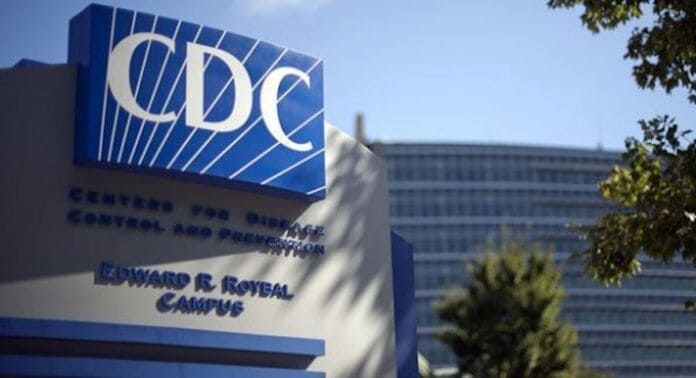Frank Butler, OrlandoAdvocate.com
Rockville, Md. – A new Centers for Disease Control and Prevention (CDC) study of COVID-19 transmission in households with children found that the virus that causes COVID-19 was transmitted from people of all ages and from those with or without symptoms. However, staying in a separate room from other household members while sick significantly reduced the odds of transmission of the virus, severe acute respiratory syndrome coronavirus 2 (SARS-CoV-2), to another household member.
The study, conducted before the emergence of the Omicron variant and vaccines for children in the United States, also found that COVID-19 vaccination reduced the odds of SARS-CoV-2 infection. The study did not find that COVID-19 vaccination reduced transmission within households. “The findings make clear how important it is to get vaccinated and follow CDC recommendations to control transmission and prevent infection,” said Zuha Jeddy, Abt’s Project Manager for the C-HEaRT Study.
The study used data from 513 households and 2,053 people. Researchers collected the data from participants in the Coronavirus Household Evaluation and Respiratory Testing (C-HEaRT) study from August 2020 to August 2021 in Utah and from September 2020 to August 2021 in New York City. The study also included data from the SARS-CoV-2 Epidemiology And Response in Children (SEARCh) study in Maryland, with data collected from November 2020 to October 2021.
Participants collected and submitted nasal swabs weekly and with the onset of acute illness. The study, which followed participants through the Alpha and Delta waves, captured both asymptomatic and symptomatic infections with SARS-CoV-2. Participants completed weekly surveys about symptoms experienced in the preceding week and, if they had symptoms, what preventive measures they took such as isolating or wearing a mask.
The evolution of the virus and vaccine practices means more work needs to be done. “The emergence of new variants and availability of vaccines and boosters to people of all ages are the latest game changers,” said Dr. Danielle Hunt, vice president of Abt’s Public Health Portfolio. “New research to understand the role vaccines play in transmission can add another piece to the puzzle and help improve protection for our households.”
Participants in the study included researchers from Abt, CDC, Bloomberg School of Public Health at Johns Hopkins University, Vagelos College of Physicians and Surgeons at Columbia University, University of Utah School of Medicine, and Marshfield Clinic Research Institute.



